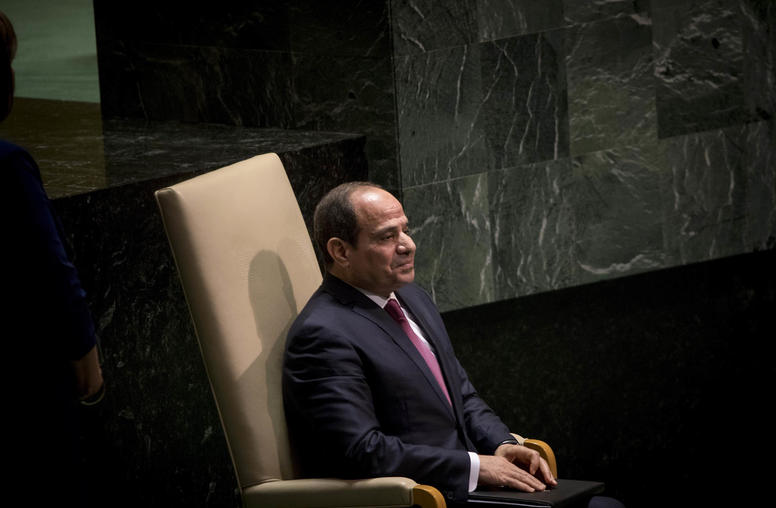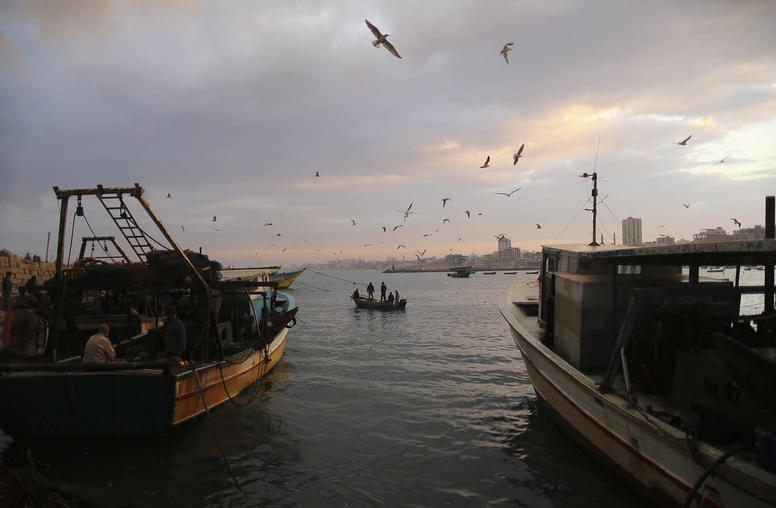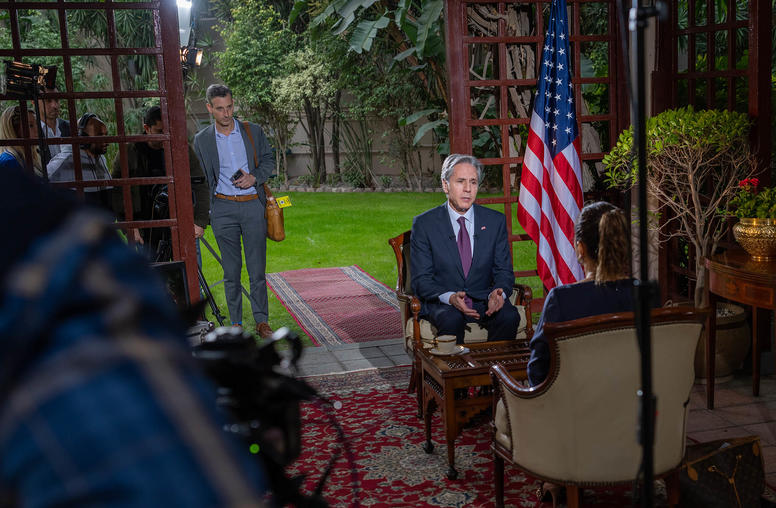Arab Authoritarian Order Shattered
Robin Wright looks at Egyptian President Hosni Mubarak's resignation means for the region.
February 11, 2011
The Arab world’s old authoritarian order is being shattered, whatever happens next. With Egypt accounting for roughly one-quarter of the Arab world’s 300 million people, the transition of political power in Cairo will have widespread effect across the twenty-two nation bloc. From Casablanca to Kuwait, Tripoli to Damascus, Egypt’s transition will affect every other Arab country in some way—small or large, direct or indirect.
In a region made famous for its suicide bombings, the use of civil disobedience to peacefully force Hosni Mubarak from the presidency changes the political dynamics, not only in Egypt.
In the end, Mubarak and his loyalists could no longer isolate or discredit the burgeoning opposition without enormous costs, and potentially not at all. The movement began to take its demonstrations beyond Liberation Square to parliament, state television and the presidential palace. Protests also spread throughout the country. And labor began to strike in sympathy with the opposition. Already crippled economically over the past two weeks, Egypt could not afford to see strikes spread and the country paralyzed. The opposition could not be contained, politically or physically.
Despite the breathless pace of change in both Egypt and Tunisia—all since December 17, a mere eight weeks—the political drama is likely to play out for a very long time. So far, the model for Egypt is more Turkey than Iran. Ironically, Mubarak resigned on February 11—the same day as the Iranian revolution. But Egypt’s uprising has taken a decidedly different form.
Now the hard part begins—organizing elections, amending or rewriting the constitution, developing new political parties, and getting the economy going again. The economy will be a key in ensuring a healthy transition for Egypt.
Additional Perspectives
- Former U.S. Ambassador on Initial Days of Protest
By Daniel C. Kurtzer, former U.S. ambassador to Egypt - Shibley Telhami on Egypt
By Shibley Telhami, former USIP Board Member (2000-2002) - Egypt Today: Historical Context of the Protests
By Qamar-ul Huda, senior program officer, Religion and Peacemaking Center of Innovation - Read more: USIP Tracks the Unfolding Situation in Egypt



